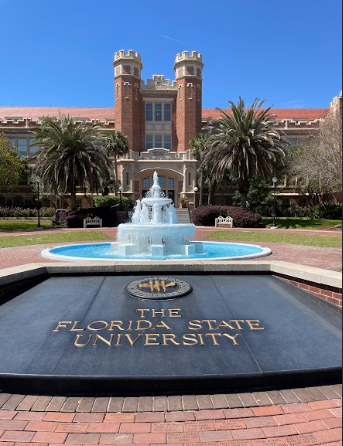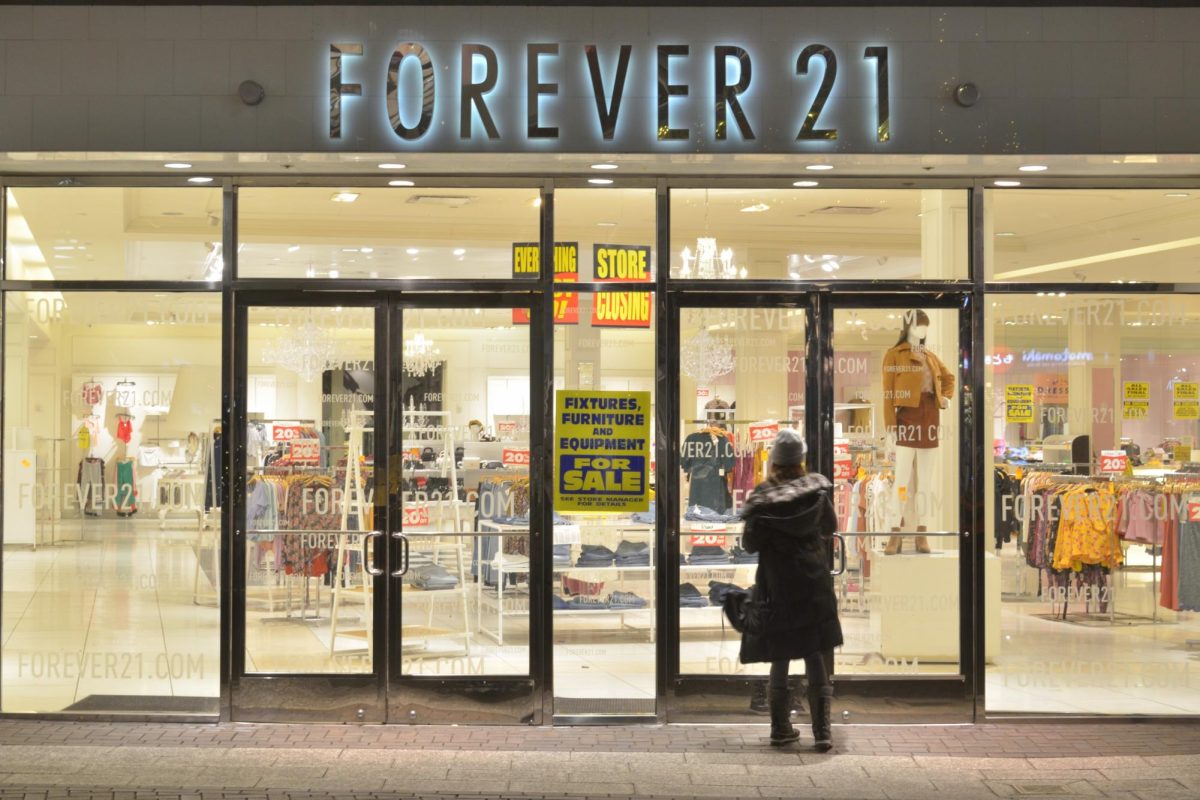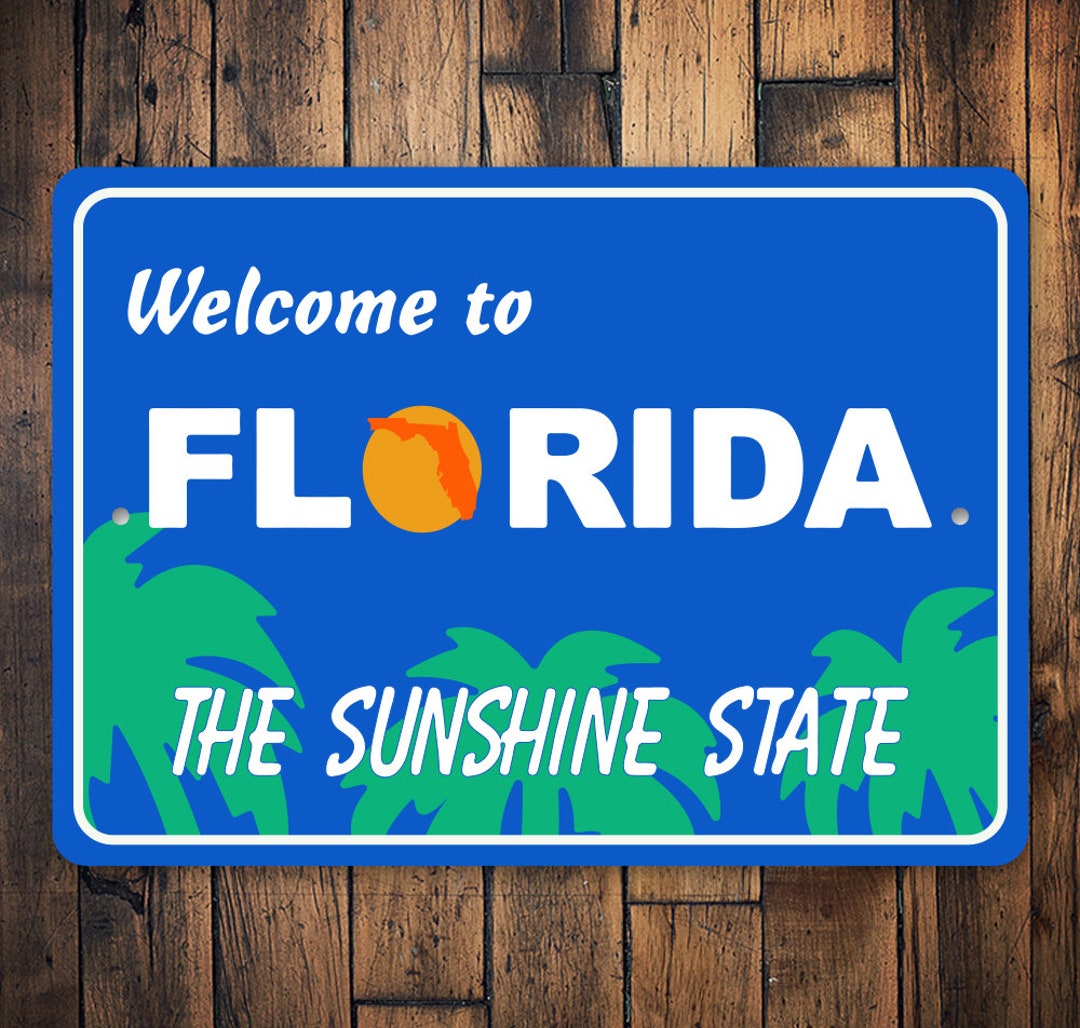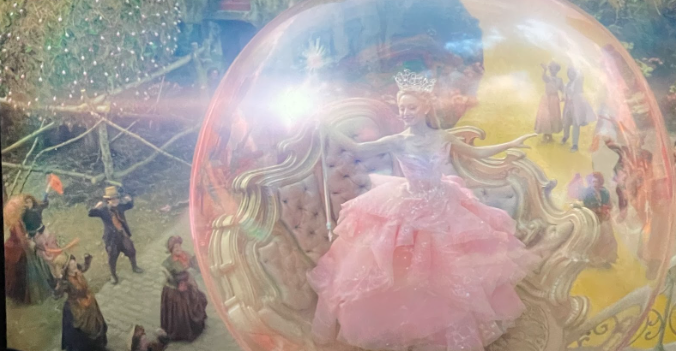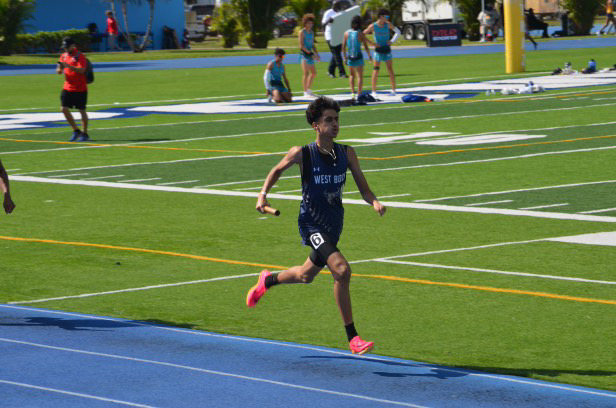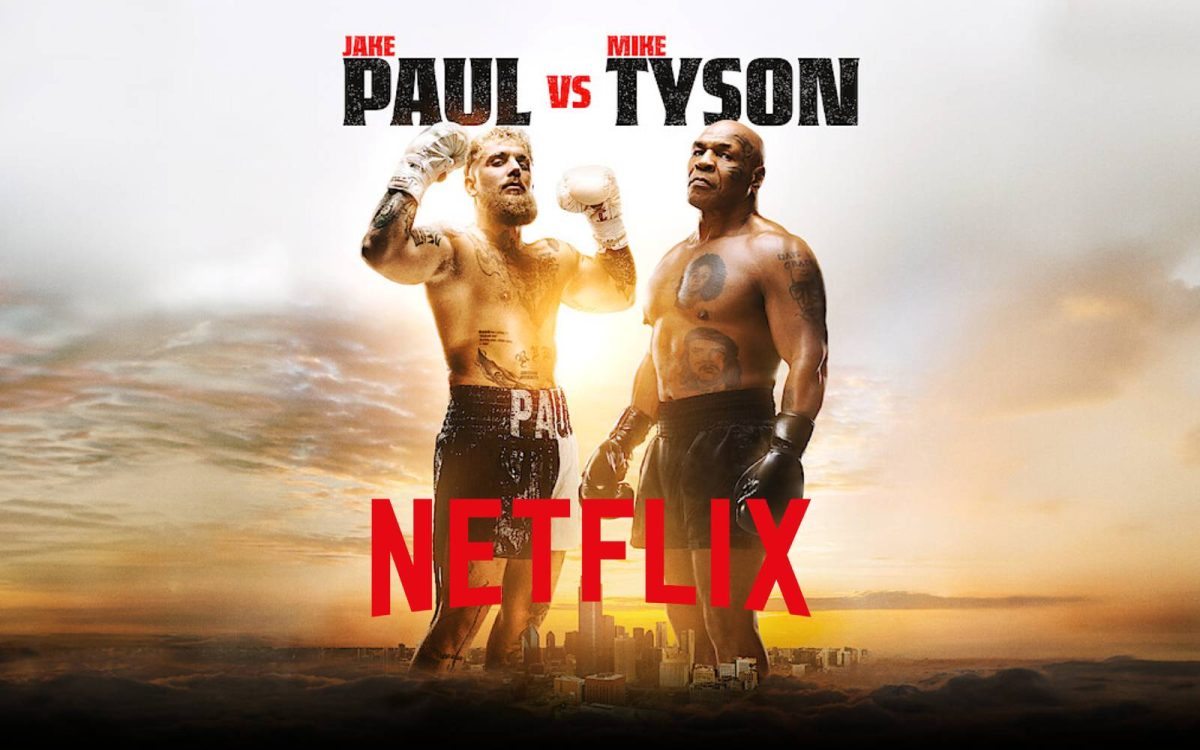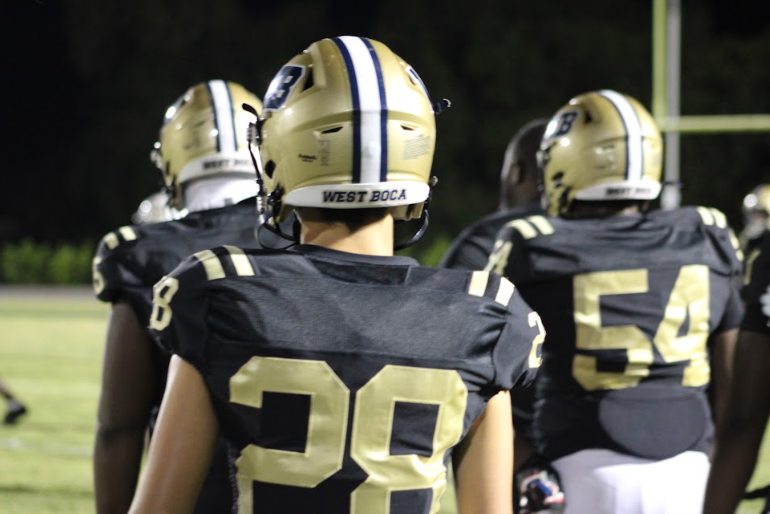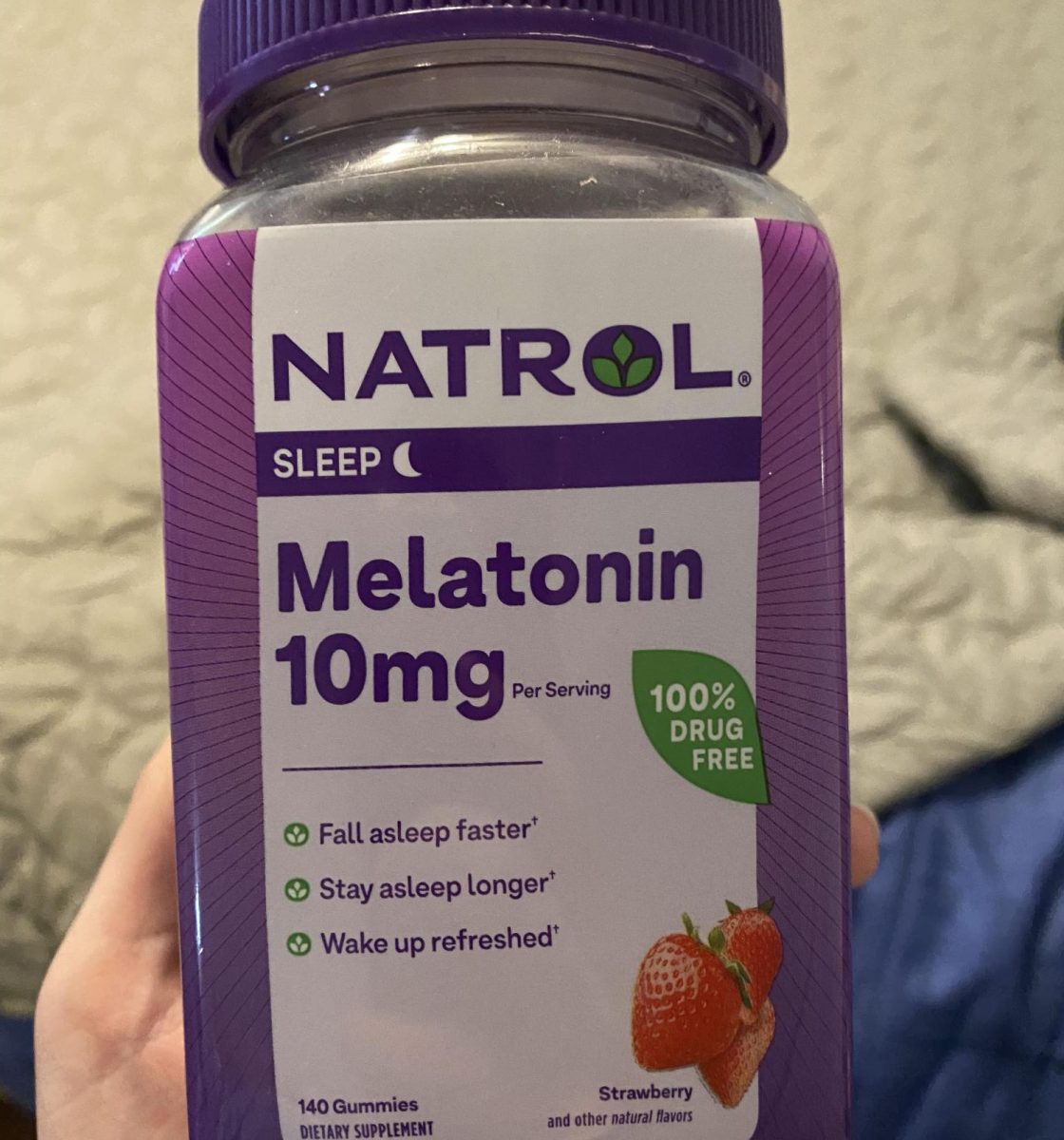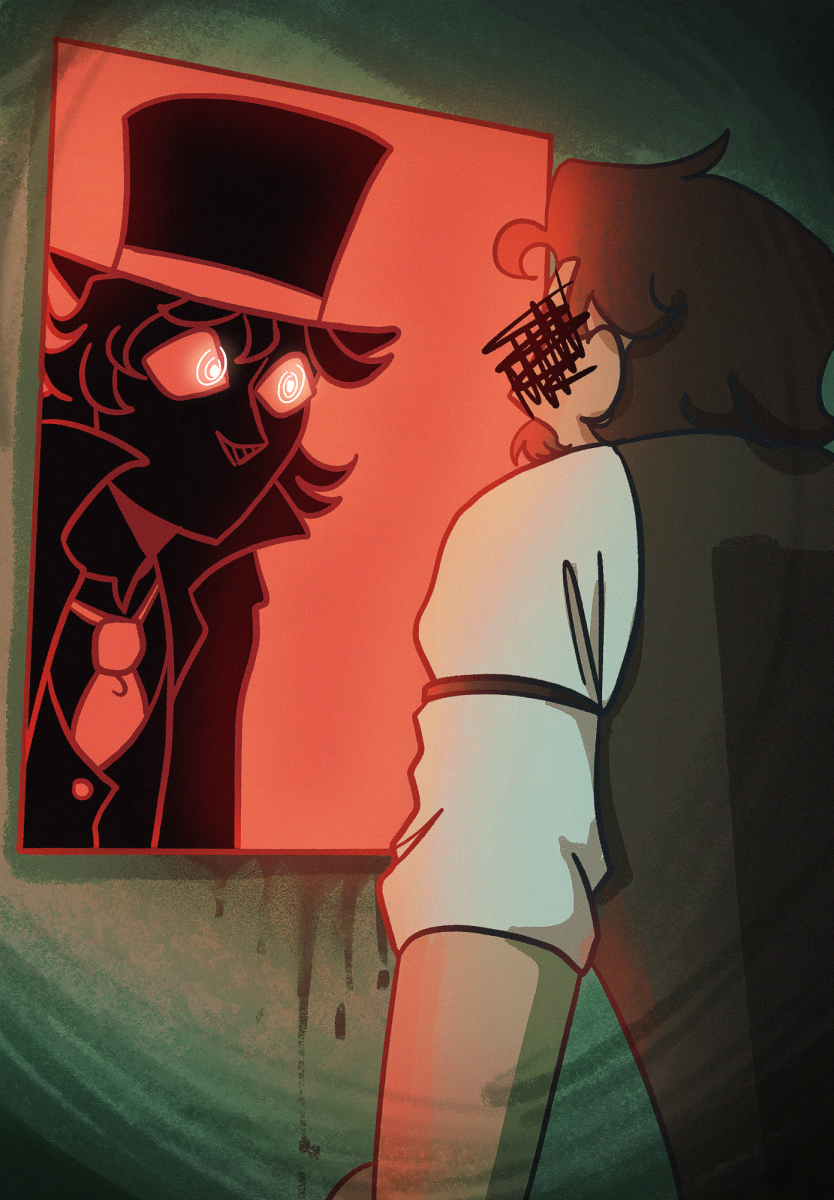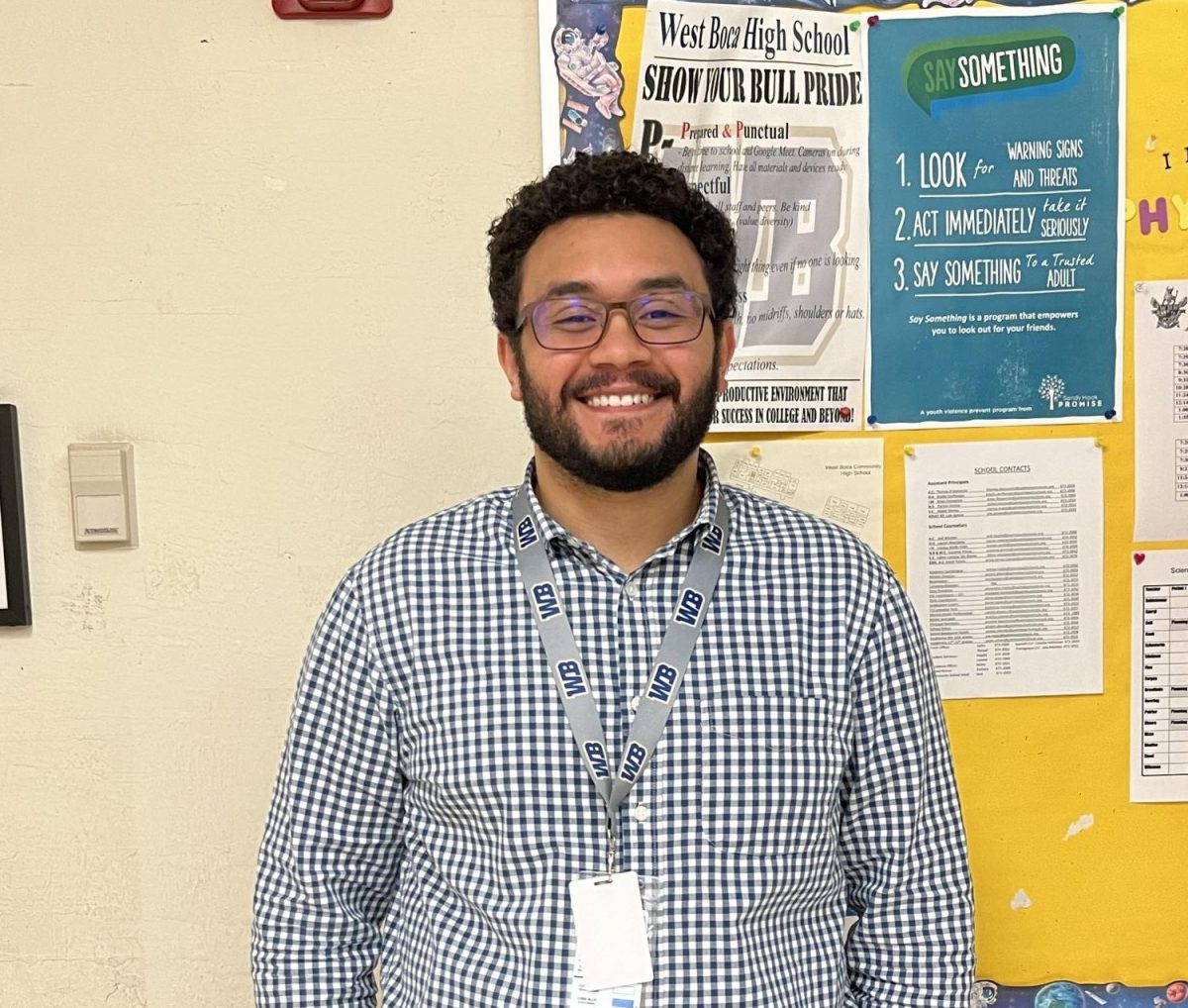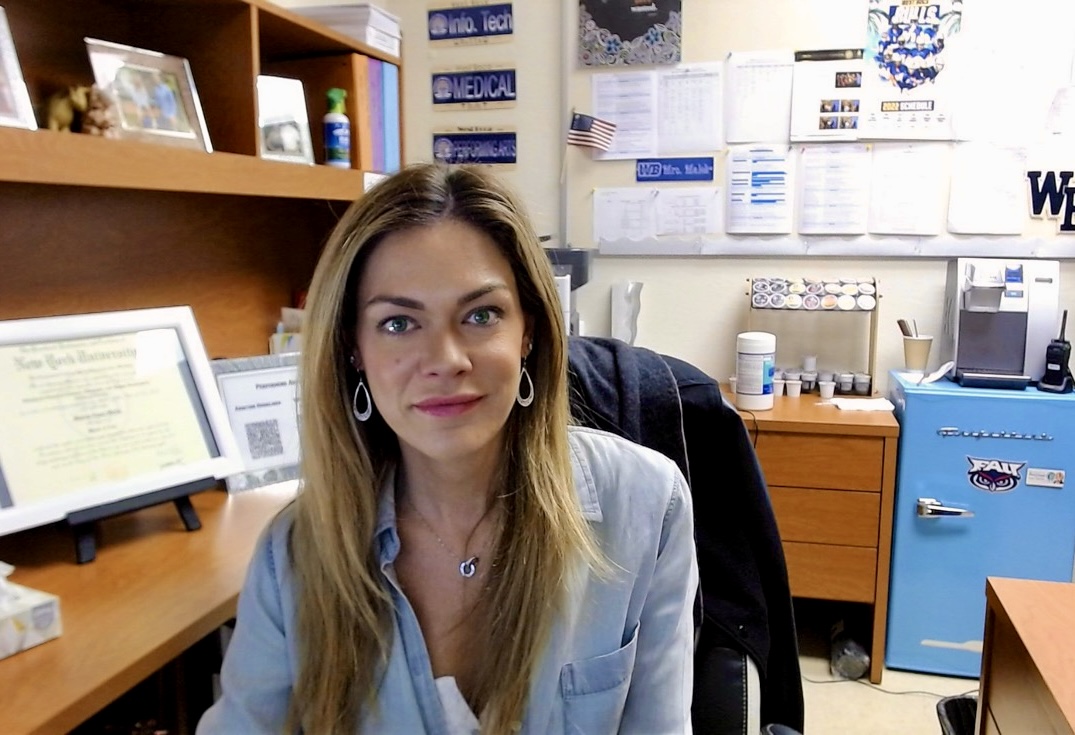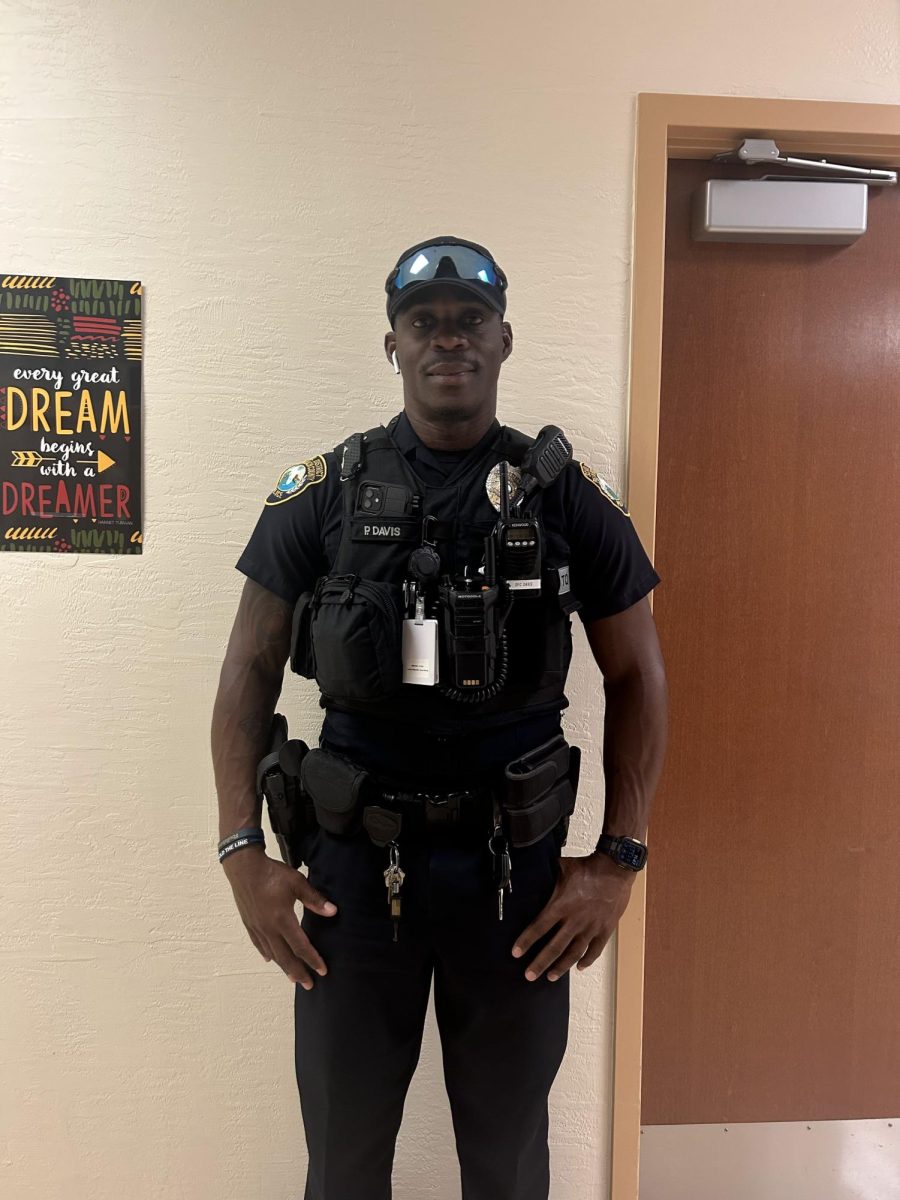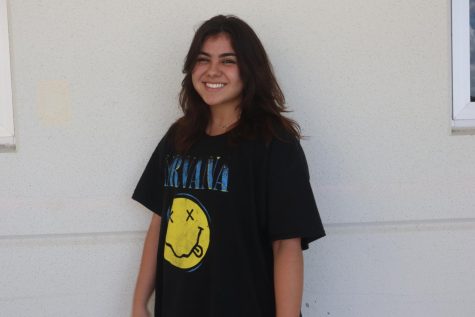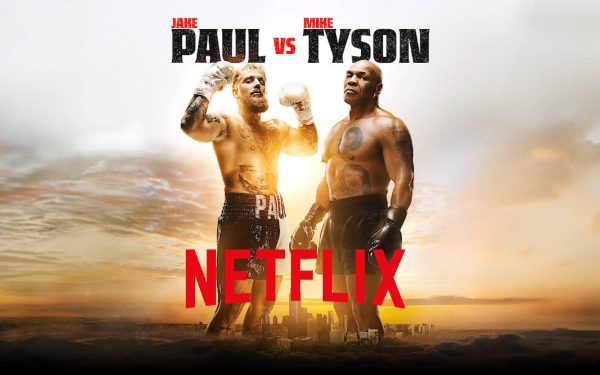You (Don’t) Know It All
The dangers of confirmation bias
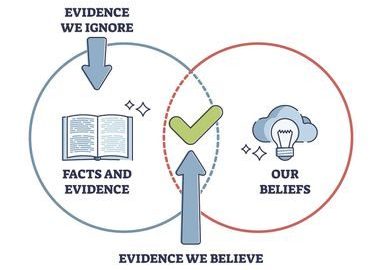
November 7, 2022
Humans have a tendency to accept information unquestioningly when it reinforces our pre-existing beliefs, a phenomenon known as “confirmation bias.” This idea can have dangerous effects on both our individual choices and also major group decisions.
Confirmation bias happens because humans like to feel good about themselves. We don’t like to have our beliefs questioned and our ideas opposed. By consuming media and information that reinforces our opinions, we don’t bother to do more in-depth research and seek out the veracity of the facts.
This type of bias can lead us to make poor decisions; it distorts reality from where we draw our conclusions.
One major consequence of being blinded by confirmation bias is that we are more likely to believe and worse, actively share fake news. Media outlets use cookies, a technology that records your web searches and most visited pages, to show you information about topics that you are already interested in. Overconsumption of news that you agree with leads to the propagation of fake news, you are more likely to share it before searching for the accuracy of the facts. Of course, it makes you feel good to know that you’re right… but is it safe?
Fake news is dangerous. If you keep reinforcing your ideas by reading ONLY material that confirms them, you are less likely to be open to debate and accept different opinions.
HOW TO AVOID IT
- Be conscious of what confirmation is. The first step towards change is knowledge; if you know what confirmation bias is, you are more aware of the types of media you’re consuming.
- RESEARCH. Study and research will never be too much.
- Focus on finding the RIGHT answer, not the answer that will satisfy your beliefs.
Stop being a prisoner to your mind, and be aware of your surroundings and the diversity of the information you’re consuming.


